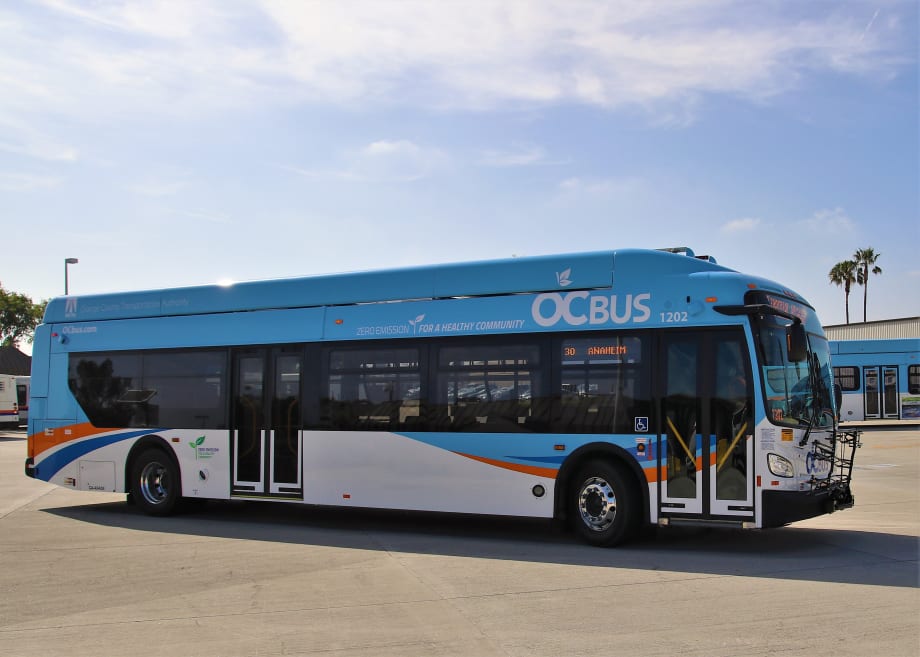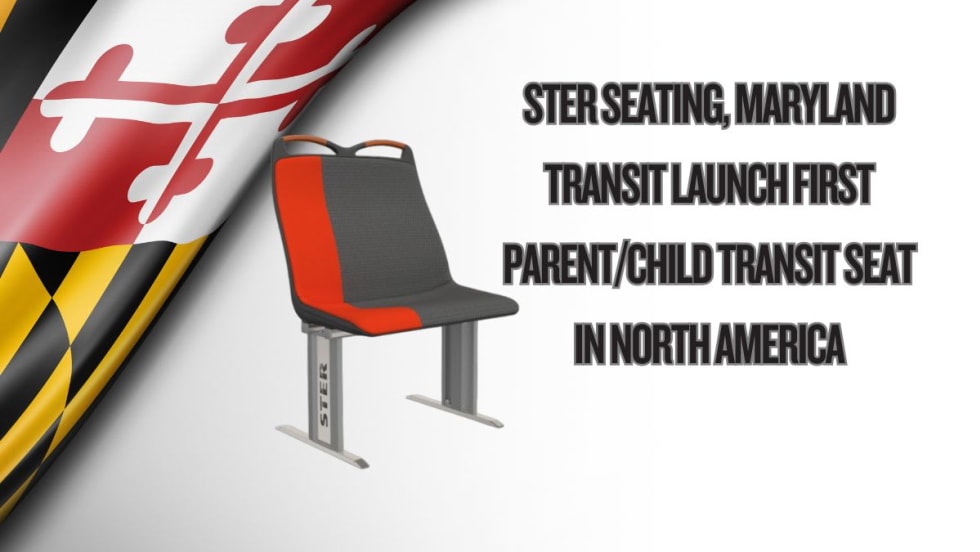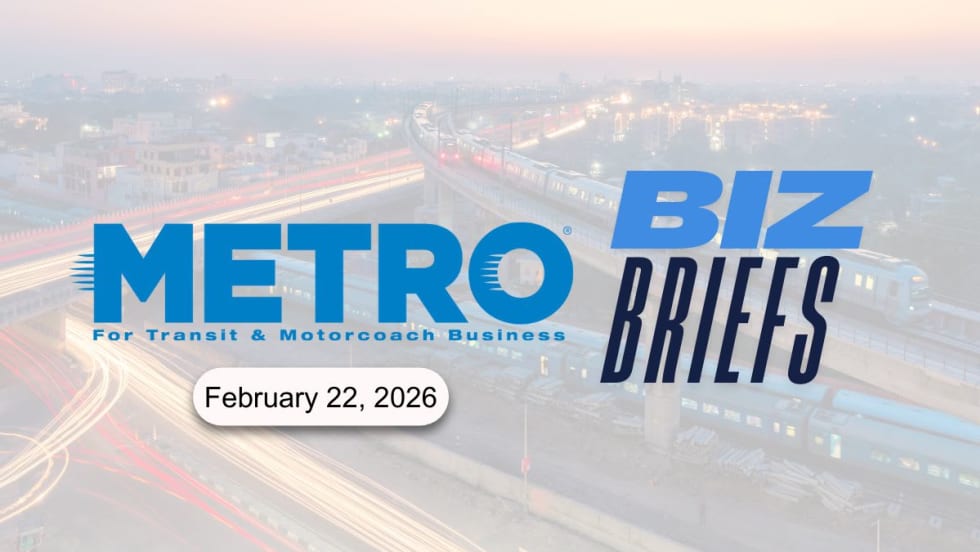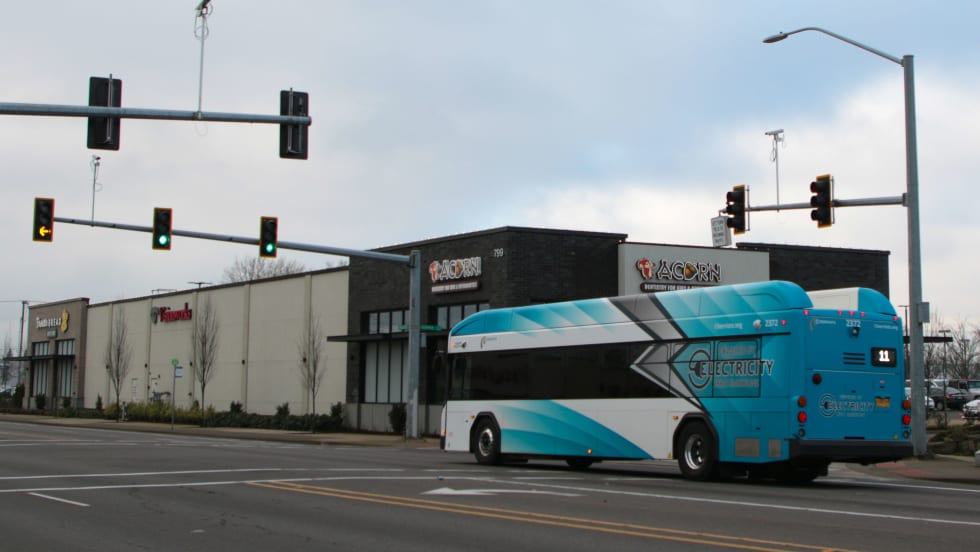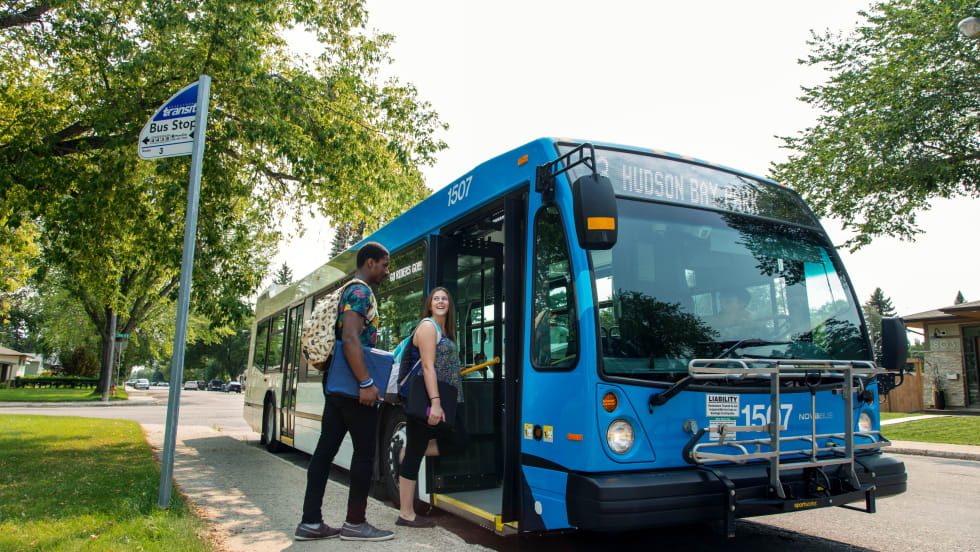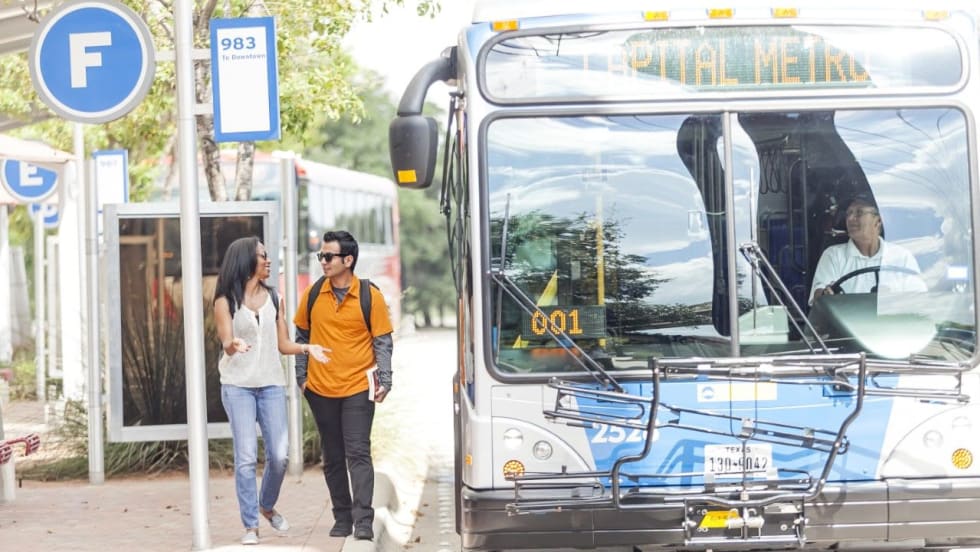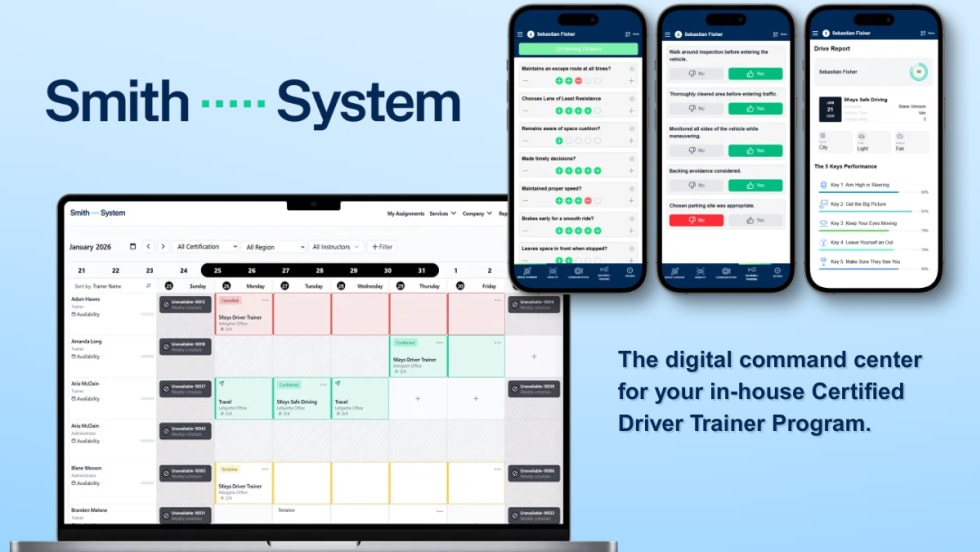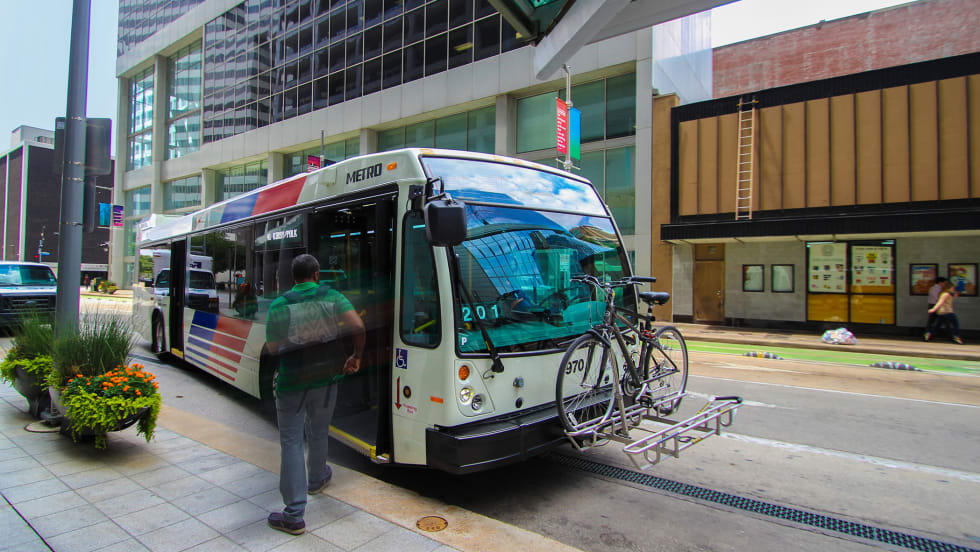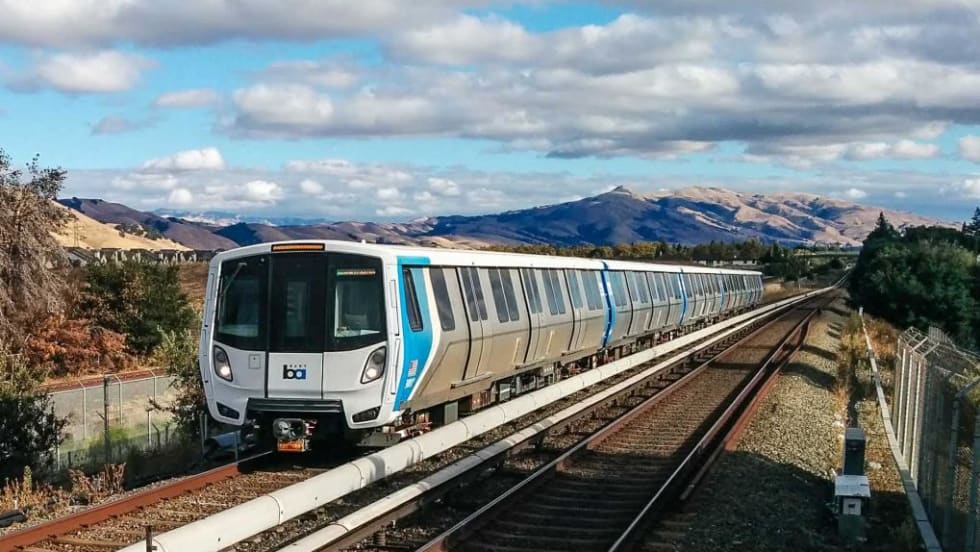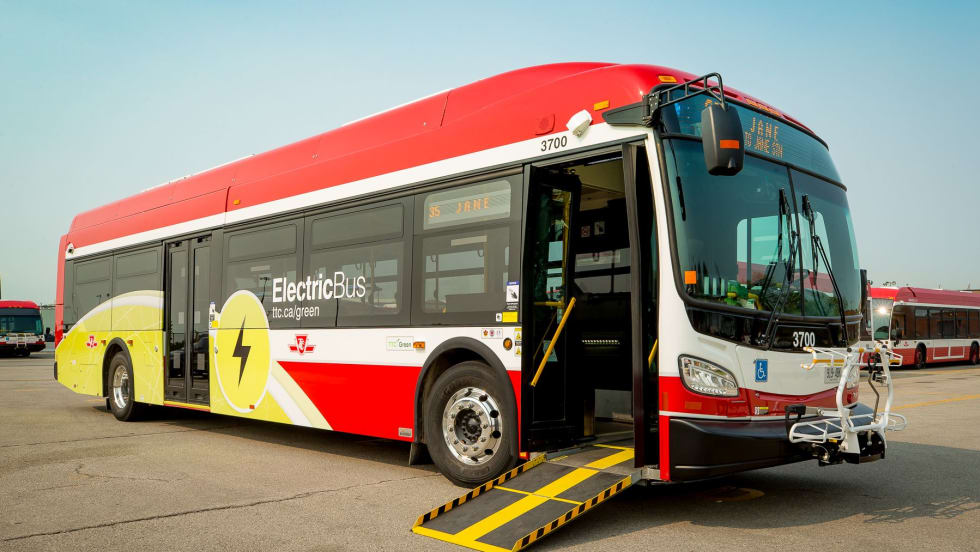California’s Orange County Transportation Authority (OCTA) selected INIT, Innovations in Transportation Inc., as the contractor to develop and implement an innovative and more equitable rider validation system for the OC Bus system.
The decision to contract with INIT follows a rigorous evaluation process that began in February, with the goal of enhancing the passenger experience, optimizing the fare payment process, and ensuring flexibility to accommodate evolving technology.
The OCTA, INIT Partnership
The total budget for the contract is $11.6 million. The agreement includes a five-year initial term, with the option to renew the contract for an additional five years to ensure the long-term effectiveness of the rider validation system.
The rider validation system will improve the way passengers pay to ride the bus by introducing smart cards embedded with chips. The smart cards will enable passengers to store fare value in a centralized account, allowing them to autoload payments and protect their balances.
Riders will also be able to manage their smart cards through a website and use a virtual smart card on their smartphone or other mobile device.
Additionally, riders can choose to pay with cash or credit card through an expanded network of in-person retail sites, enhancing convenience and accessibility for all riders.
Fare Capping
Another important feature of the new system will be fare capping, a policy recently adopted by several other leading transportation agencies that charge riders as they travel and caps the total fare amount for daily and monthly periods. This will make fare collection more equitable and simplify the fare structure, eliminating the need for passengers to pay full cost for monthly passes in advance.
The implementation of the new rider validation system, expected to be in place by 2025, will significantly reduce the reliance on onboard cash payments, leading to cost savings associated with cash collection. The removal of magnetic-stripe components from fareboxes will reduce equipment maintenance costs and expedite bus boardings, improving efficiency.




